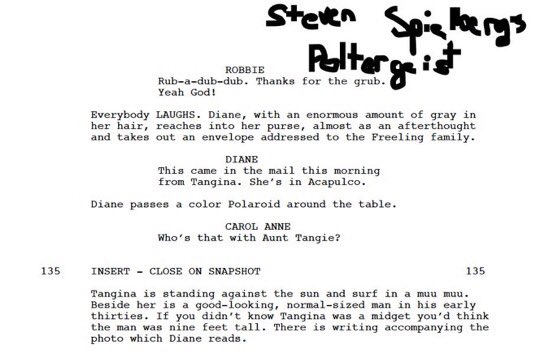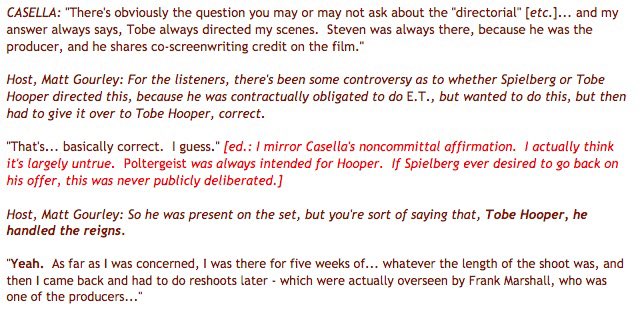I think the cars are a hint that these people have been doing it for a while. There are definitely plenty of junk heaps in rural America, but not many with camo netting to keep them from being spotted from the air, and I think they deliberately went for Beetles and sedans to make it look like “ordinary people” cars.
I think that’s also why the guy stops on the way in and goes “Look”. Because a regular junk heap wouldn’t be weird, but a bunch of reasonably pristine cars under camo netting is.
Before he gets funny with the knife, the brother invites them to stay with his family, and the father says the same thing at the gas station. I think “staying with them” means the windmill house, so the “out of gas” line is just a trap to lure them in.
I agree that Leatherface doesn’t know what he’s doing, but the brother and father definitely do, and I think it’s implied that they’ve been doing it for a while, and turning the victims into barbecue.
They don’t seem to be trying to hide the bodies, the house is littered with bones, including what looks like human jaw bones, which tracks with the human tooth on the veranda.
The grandfather is crazy about human blood (throwback to the line in the van about the brother being “a dracula” with “a whole family of draculas”) but there’s also the dialogue at the table, where the father says that he finds killing distasteful, although somebody’s gotta do it. Like the brother establishes early on, they’re really into meat, so I take his rant to mean that you gotta get your meat somehow, so what they’re doing is evil but totally reasonable from his point of view.
There’s also the drawn out shot of the girl looking at the barbecue in the gas station. It’s ambiguous, but the idea is definitely that those sausages are now looking a lot more sinister than they did earlier in the day.
I’m not sure about the “watching your brother” line, but it does seem that Leatherface is completely unreliable and likely to mess things up when left on his own. I think it’s obvious the father is way more upset about his broken door than he is about violence or suffering at any point, so I think the dialogue about not being into killing at the dinner is really a joke.
He’s clearly a part of it, he just wants to see himself as the mature and civilized member of the family. In his head he’s “the sane one”. Which I think is a good play, like Leatherface being oblivious. It’s more disturbing when the killers are tragic and unaware of themselves.

